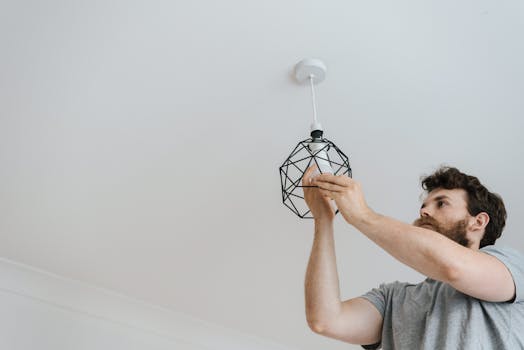You could start a college course to get some of the technical knowledge and skills that may help you get onto an apprenticeship, or find a trainee position with a company.
Courses include:
- electrical installation
- electronic and electrical engineering
- T Level in Building Services Engineering for Construction
Even with a qualification, you will still need practical experience in the workplace, along with further on-the-job training, to become fully qualified.
Entry requirements
Entry requirements for these courses vary.
4 or 5 GCSEs at grades 9 to 4 (A* to C), or equivalent, including English and maths for a T Level








